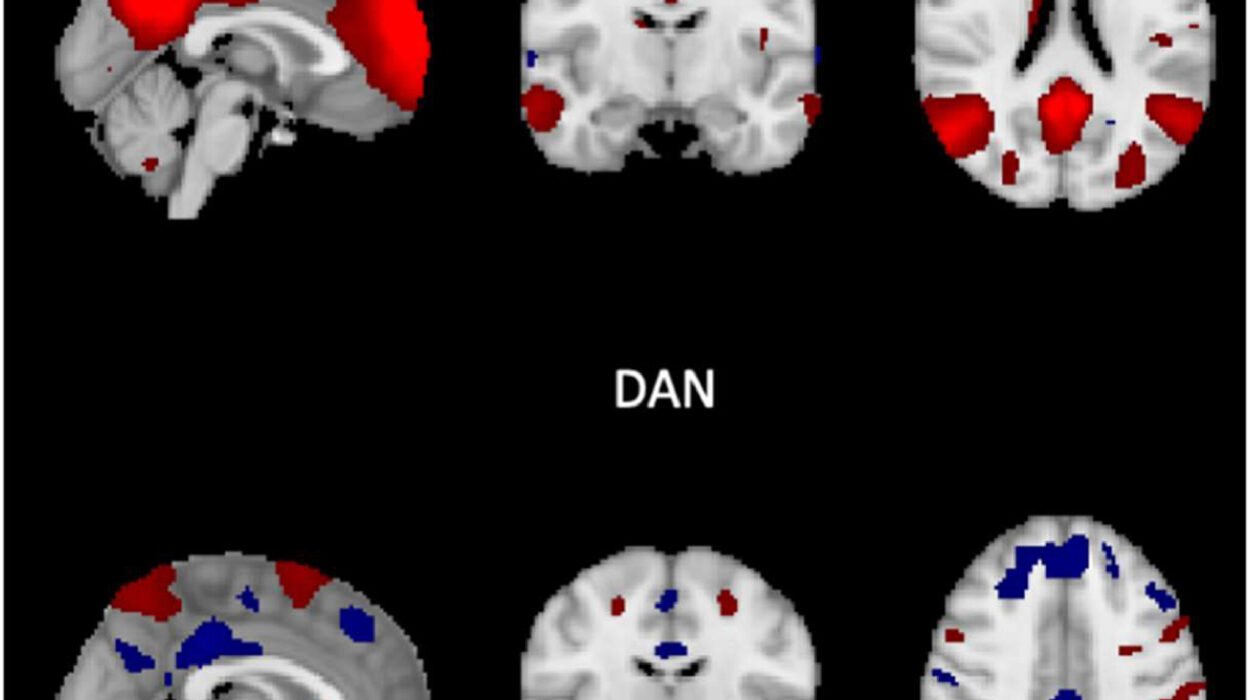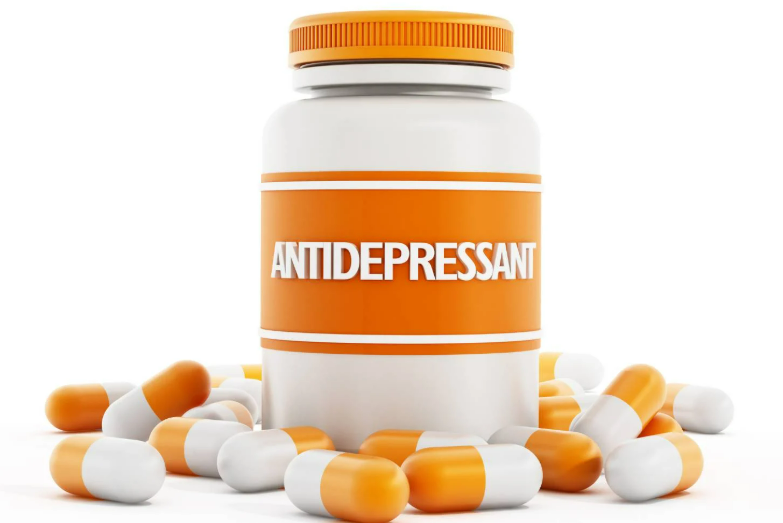For as long as humanity has existed, we have been captivated by the idea of living longer. Ancient myths told of fountains of youth, alchemists searched for elixirs of immortality, and philosophers debated the meaning of a life well-lived. Today, science has replaced myth, yet the desire remains the same: to extend our time on Earth not just in years, but in vitality, energy, and purpose. Longevity is no longer about escaping death altogether—it is about making the life we have as full, vibrant, and healthy as possible.
In our modern world, advances in medicine, nutrition, and technology have extended human lifespans dramatically compared to just a century ago. Yet, longer life does not automatically mean healthier life. The real challenge lies in maintaining strength, resilience, and mental clarity deep into old age. The question is not only how long can we live, but how well can we live. This guide explores the science and practice of achieving both.
The Science of Aging
To understand how to live longer, we must first understand why we age. Aging is not a single process but a complex interplay of biological mechanisms. Over time, cells accumulate damage, DNA suffers mutations, proteins misfold, and tissues lose their ability to repair themselves. The body becomes less efficient at maintaining balance, leading to chronic diseases that are strongly tied to aging—heart disease, cancer, diabetes, and neurodegeneration.
One key factor in aging is oxidative stress. As cells burn energy, they produce free radicals, unstable molecules that can damage DNA and proteins. While the body has defenses against these molecules, over time the balance tips toward damage. Similarly, telomeres—the protective caps at the ends of chromosomes—shorten with each cell division, eventually triggering cellular aging. Inflammation also plays a central role; low-level chronic inflammation, sometimes called “inflammaging,” is linked to many age-related conditions.
Yet aging is not simply inevitable decline. Research into longevity has uncovered pathways that influence how quickly we age. The insulin and IGF-1 pathways, for example, affect cellular growth and repair. The sirtuin family of proteins regulates metabolism and stress resistance. Even calorie restriction has been shown in multiple species to extend lifespan, hinting that how we eat and live can directly shape the biology of aging.
Nutrition as a Foundation for Longevity
Among the most powerful influences on lifespan is diet. What we eat not only fuels the body but also shapes cellular health, metabolism, and disease risk. The cultures known for exceptional longevity—such as the so-called “Blue Zones” in Okinawa, Sardinia, and Ikaria—share common dietary patterns rooted in whole, minimally processed foods.
A longevity-promoting diet emphasizes plants: vegetables, fruits, legumes, nuts, and whole grains. These foods provide fiber, vitamins, and antioxidants that reduce inflammation and protect cells. Lean sources of protein, whether from fish, beans, or modest portions of poultry, support muscle and tissue repair without the risks associated with excess red or processed meats. Healthy fats, especially omega-3 fatty acids from fish or seeds, are linked to cardiovascular and brain health.
Equally important is moderation. Overeating accelerates metabolic stress, while balanced calorie intake supports long-term health. Some studies suggest that intermittent fasting or time-restricted eating can enhance cellular repair processes like autophagy, potentially slowing aspects of aging. The key is not extreme restriction but mindful nourishment—choosing foods that heal rather than harm.
Hydration also plays a role in longevity. Proper fluid balance supports circulation, detoxification, and cognitive function. Even mild chronic dehydration has been linked to higher risks of kidney disease and metabolic disorders. A simple commitment to drinking enough water daily can be a quiet yet powerful factor in long-term health.
The Power of Physical Activity
If food is fuel, movement is maintenance. The human body is designed to move, and regular physical activity is one of the most reliable ways to extend both lifespan and healthspan. Exercise strengthens the cardiovascular system, enhances insulin sensitivity, builds bone density, and reduces the risk of nearly every chronic disease.
The benefits go far beyond the physical. Physical activity also improves mood, reduces anxiety, and boosts cognitive function. Exercise increases blood flow to the brain, stimulates the release of neurotrophic factors that support neuron growth, and lowers the risk of dementia. In short, movement preserves not just the body, but the mind.
For longevity, the type of exercise matters less than the consistency. Aerobic activities like walking, cycling, or swimming support heart health, while resistance training maintains muscle mass and strength—a critical defense against frailty in old age. Flexibility and balance exercises, such as yoga or tai chi, reduce the risk of falls and maintain mobility. A balanced mix of these approaches, done regularly, can transform aging from a decline into a celebration of vitality.
Sleep as the Silent Healer
In the pursuit of longer life, sleep is often underestimated. Yet restorative sleep is as essential as nutrition or exercise. During deep sleep, the brain clears toxins, consolidates memories, and resets neural networks. The immune system regenerates, and hormones regulating appetite, stress, and growth are balanced.
Chronic sleep deprivation, on the other hand, accelerates aging at every level. It is linked to obesity, diabetes, cardiovascular disease, and cognitive decline. Even modest reductions in sleep quality can impair judgment, reduce resilience, and increase vulnerability to stress.
Creating healthy sleep patterns involves respecting the body’s natural circadian rhythms. Consistent sleep and wake times, exposure to natural light during the day, and minimizing blue light before bed all support deeper rest. Sleep is not wasted time—it is the body’s most powerful form of nightly repair.
The Role of Mental and Emotional Health
Longevity is not only a physical journey but also a psychological one. Mental and emotional well-being play an enormous role in determining both the length and quality of life. Chronic stress, for example, floods the body with cortisol, weakening immunity, raising blood pressure, and accelerating cellular aging.
Cultivating resilience, mindfulness, and emotional balance can counteract these effects. Practices such as meditation, breathing exercises, and yoga activate the parasympathetic nervous system, lowering stress and supporting recovery. Studies consistently show that people with strong stress-management habits live longer, healthier lives.
Equally important is social connection. Loneliness and social isolation are as damaging to health as smoking or obesity. Meaningful relationships, community belonging, and intergenerational bonds protect mental health and provide purpose—an intangible yet vital ingredient of longevity.
Preventing and Managing Chronic Diseases
The greatest threats to longevity are not sudden accidents but chronic diseases that develop quietly over years. Cardiovascular disease, diabetes, cancer, and neurodegenerative conditions account for the majority of deaths worldwide. Yet many of these conditions are preventable through lifestyle choices.
Managing blood pressure, cholesterol, and blood sugar through diet, exercise, and sometimes medication significantly reduces the risk of early death. Screening tests for cancers, regular health check-ups, and vaccinations also extend life by catching problems early or preventing them altogether.
Modern medicine plays a critical role, but prevention remains more powerful than treatment. A lifestyle rooted in balance, activity, and mindfulness is the most effective defense against the chronic conditions of aging.
The Role of Genetics and Epigenetics
It is often said that genetics load the gun, but lifestyle pulls the trigger. While genetics influence longevity, they account for only a portion of lifespan variation. Epigenetics—the study of how environment and behavior affect gene expression—shows that our daily choices can activate or silence genes associated with disease.
For instance, a predisposition to heart disease does not guarantee its occurrence; diet, exercise, and stress management can dramatically reduce risk. Similarly, genetic risks for cancer or diabetes can often be moderated by lifestyle interventions. This means that while we inherit certain biological tendencies, the way we live determines how those tendencies unfold.
Purpose, Meaning, and the Spirit of Longevity
Beyond the biological, there is a deeper question: what makes life worth living? Cultures that value longevity often emphasize not just diet or exercise but purpose and meaning. In Okinawa, the concept of ikigai—a reason to wake up each morning—is central to well-being. In Ikaria, social bonds and community rituals sustain joy and connection.
Purpose has measurable health effects. Studies show that people with a strong sense of meaning have lower rates of heart disease, stronger immune systems, and longer lifespans. Purpose reduces stress, enhances resilience, and fosters healthier behaviors. It transforms longevity from a biological pursuit into a spiritual one—living not just long, but fully.
The Promise of Science and Technology
The future of longevity may be transformed by emerging science. Advances in regenerative medicine, gene editing, and biotechnology hold promise for slowing or even reversing aspects of aging. Stem cell therapies may repair damaged tissues. Senolytic drugs aim to remove senescent cells that drive inflammation. Gene editing techniques like CRISPR open the possibility of correcting genetic predispositions.
Wearable technology and artificial intelligence are also revolutionizing preventive health, providing real-time feedback on heart rate, sleep, and activity. Personalized medicine, tailored to individual genetic and lifestyle profiles, may soon optimize health in ways unimaginable today.
While the dream of radical life extension remains uncertain, the science of healthier aging is already within reach. The choices we make today are amplified by the technologies of tomorrow.
A Holistic Vision of Longevity
Living longer and healthier is not about one secret, one diet, or one supplement. It is a tapestry woven from many threads: nourishing food, joyful movement, deep rest, emotional balance, meaningful relationships, and purposeful living. It is about honoring both the body and the spirit, recognizing that health is not simply the absence of disease but the presence of vitality, clarity, and joy.
Longevity is less about resisting death than about embracing life. It asks us to cherish the present while nurturing the future, to balance self-discipline with self-compassion, and to recognize that the path to a longer life is the same path to a richer one.
The Journey Ahead
The pursuit of longevity is, in the end, a deeply human journey. It is about curiosity, resilience, and hope. Science provides the tools, but it is our choices, habits, and values that give those tools meaning. Each step we take—whether a mindful meal, a morning walk, or a heartfelt conversation—builds toward a longer, healthier, more fulfilling life.
The ultimate guide to longevity is not written in laboratories or carved into stone tablets. It is written in the daily rhythms of living: how we eat, how we move, how we connect, and how we dream. It is written in our willingness to care for ourselves and each other, to see life not as a race against time but as a gift to be celebrated.
Longevity is not only about adding years to life but adding life to years. The secret is not found in a pill or a potion—it is found in the way we choose to live today.






